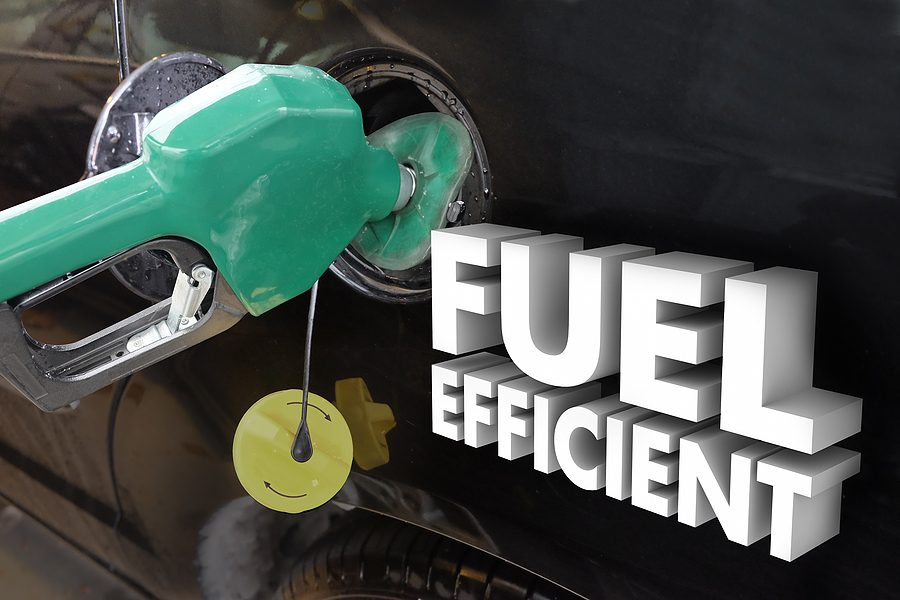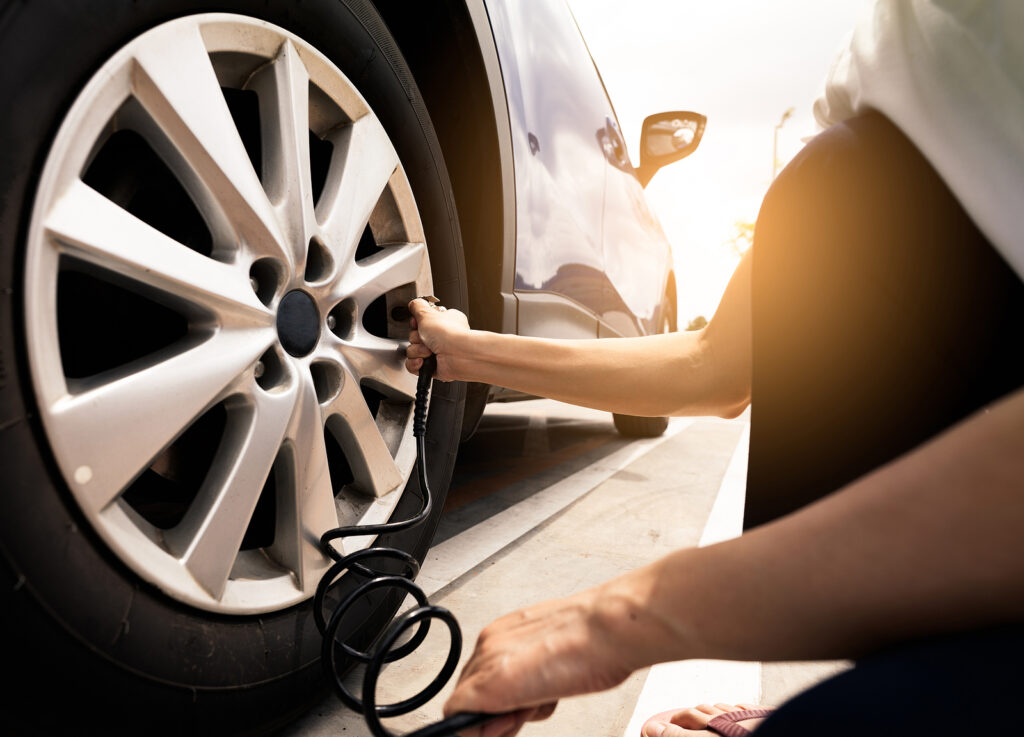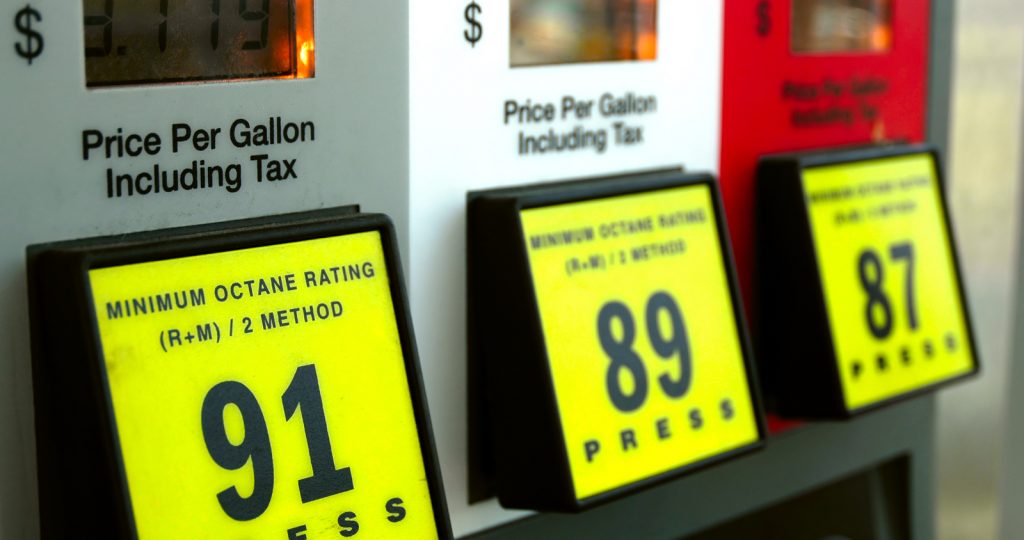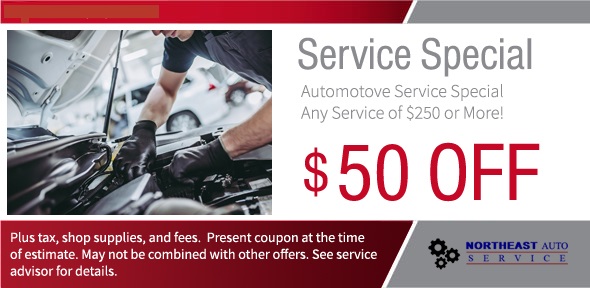The pursuit of fuel-efficient driving isn’t just for the environmentally conscious; it’s a smart move for anyone wanting to cut down on costs and maximize the lifespan of their vehicle. With fuel prices constantly fluctuating, and the global push for sustainability, understanding how to squeeze every mile out of a tank of gas has never been more valuable.
If you’re a driver looking to do your part for the planet and your wallet, this post is for you. We’ll explore practical tips, technologies, and habits that can transform your driving experience into one that is efficient, economical, and gentle on the environment.

What is Fuel Efficiency and Why Does it Matter?
Fuel efficiency, or gas mileage, refers to the number of miles a vehicle can travel on a certain amount of gasoline. For the average driver, how you operate and maintain your vehicle can greatly impact this number. Maximizing fuel efficiency translates to more savings in your pocket and a healthier environment.
That’s because being Eco-conscious isn’t just about ‘doing your bit’; it’s also a savvy financial decision. With rising gas prices and the potential for lower fuel consumption bills, adopting green driving practices can lead to significant financial savings over time.
Fuel Efficiency Measurement
It’s not as complicated as you think. Fuel efficiency is a performance measurement that is represented as the distance traveled per unit of fuel. For cars, it’s often calculated in miles per gallon (MPG) or liters per 100 kilometers (L/100 km).
Key Factors Affecting Gas Mileage
There are a couple of main players when it comes to your car’s thirst for fuel: driving habits, vehicle condition, and performance. Something as simple as aggressive acceleration can decrease your fuel efficiency. Your vehicle’s condition plays a role, too. An under-maintained car with dirty filters or faulty oxygen sensors can lead to poor gas mileage.
Weight and Aerodynamics Matter
The aerodynamics of your car dictate how it moves through the air, affecting energy consumption. Similarly, an overloaded car requires more energy to accelerate and maintain speed, sipping more fuel along the way.
Driving Habits for Better Efficiency
Before you even turn the key, there are driving strategies that can save you money. From using cruise control features and obeying speed limits to reducing engine idling, carpooling, and much more, the Eco-friendly gas mileage solutions are abundant.
Cruise Control and Speed Limits
Using cruise control can save precious fuel, as it’s designed to maintain a constant speed. Sticking to the speed limit or slightly under reduces drag and is often the most fuel-efficient way to drive.
Eliminate Constant Engine Idling
Idling gets zero miles per gallon. If you’re going to be stationary for more than a minute, turn off your engine. The newer the car, the true it is due to advances in engine technology.
Carpool and Plan Your Trips
Combine errands into one trip, and whenever possible, share a ride. Both tactics help reduce your mileage and save on gas.
Vehicle Maintenance for Fuel Savings
Your car’s health is your car’s wealth when it comes to fuel efficiency. In the very least, take your car in for these specific automotive services:
Regularly Scheduled Maintenance
Maintaining your car according to the manufacturer’s recommendations, especially when it comes to tuning up, can improve efficiency and performance. Don’t underestimate the power of a clean air filter.
Tire Pressure and Fuel Mileage
Under-inflated tires are one of the biggest culprits of increased fuel consumption. Check your tire pressure regularly to ensure it’s at the recommended level.
Automotive Fluids and Fuel Efficiency
Did you know that using the correct grade of motor oil can increase mileage by 1-2%? Pay attention to the quality and condition of your car’s fluids.
Technological Innovations and Apps That Help
Technology can be your best friend when it comes to fuel economy. From dash-mounted fuel economy meters to smartphone apps that analyze and optimize your driving behavior, there’s a wealth of tech at your disposal. Newer vehicles often come equipped with features like Adaptive Cruise Control (ADAS), which can help maintain efficient speeds and distances, even in traffic.
Fuel Prices: Where Can You Get the Best Deal?
Finding the cheapest fuel is a no-brainer for saving money. Here are some tips for getting the best price for gasoline in your area:
☑ Gas Price Search Engines and Apps – Technology again! There are a lot of resources available that can tell you where to find the most inexpensive gas in your area.
☑ Consider the Cost of Traveling for Cheaper Fuel – Factor in the cost of making a detour for cheaper gas. Sometimes, the money you save at the pump is eaten up by the extra mileage.
Conclusion
Mastering the art of fuel-efficient driving is a win-win. It’s a cost-effective approach that also allows you to contribute positively to the environment. By paying attention to simple factors like how you drive, how you maintain your vehicle, and using the latest technology and apps, you can ensure a smoother ride for both your car and your wallet. Each small adjustment to your driving habits combines to make a big difference. And you’ve learned the car owner’s golden rule: a well-tended car is a money-saving car. Safe and happy driving!
Now it’s your turn to implement these fuel-saving strategies. Take this post as a starting point and make it your driving routine. Share these tips with your car-loving friends and family members. It’s beneficial to all parties involved. And don’t forget, the first step to a fuel-efficient automobile is through regular scheduled car maintenance—that’s non-negotiable. Your car will thank you for it with many more efficient miles in the tank.
Are you looking for a reliable automotive mechanic for help with car or truck maintenance? Contact Northeast Auto Service at 317-475-1846 for professional automotive service and repair in Indianapolis, Indiana. Request a free estimate, or schedule service, today.
Related Posts:
Demystifying Fuel System Repairs: A Comprehensive Guide
How to Save Gas Money By Taking Better Care of Your Car
Top 3 Ways to Improve Your Car’s Fuel Functionality



